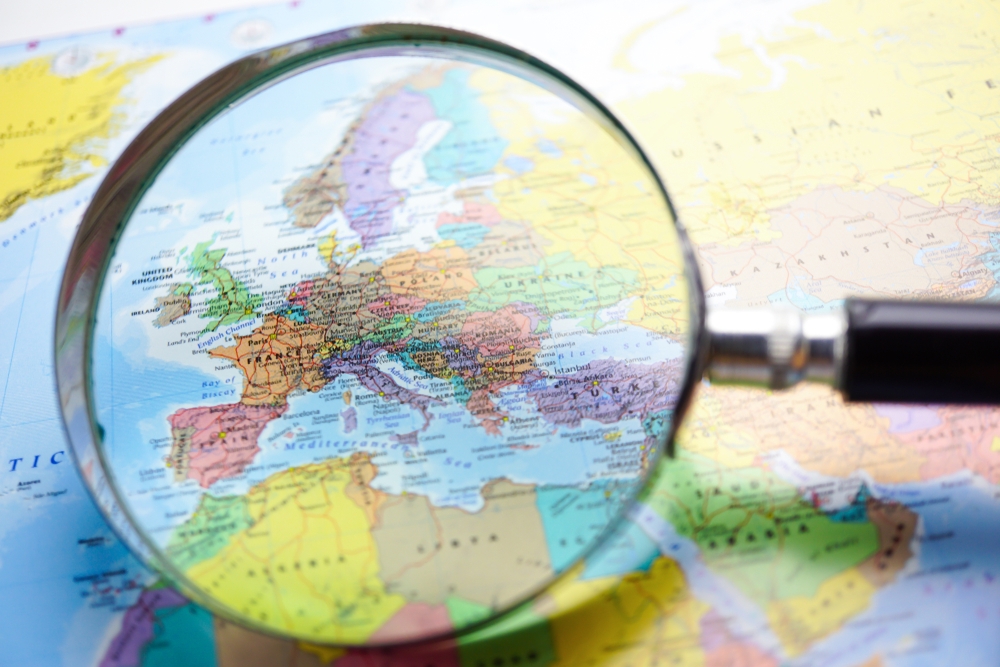The pandemic and the war in Ukraine laid bare the gaps in complex supply chains and the risks to transition to net zero. Fidelity International in a report says that while COP26 did not deliver on all aspects, certain agreements have helped adopt net-zero goals and drive a revolution in sustainable investing.
In its whitepaper on ESG 2.0, Fidelity takes a gander at green achievements around the world until now, with a target of investing across its investment portfolios by 2050. For the sake of understanding, the investment management firm sees ESG1.0 as a risk management tool and ESG2.0 as a way of achieving impact.
“ESG is now considered across all asset classes, including private markets, and proactive engagement has become essential to gathering information and instigating positive change,” writes Jenn-Hui Tan, Global Head of Stewardship and Sustainable Investing at Fidelity. He says ESG 2.0 explores the potential impact of a company’s activities and not just the efforts it is taking to reduce emissions.
Fidelity, in its whitepaper, goes on to explain its rationale for ESG 2.0 and sustainable investing. An interesting part is the key themes for ESG investing in 2021 — climate and natural capital, employee welfare and digital ethics. While these were last year’s focus, Fidelity sees the following trends for 2022 — deforestation, just transition, and double materiality (action & impact).
The investment management firm considers various case studies in its whitepaper. Mining giant BHP makes it to the case study and the research brings to the fore the different initiatives and shortcomings of the company. The firm also talks about the investor-led industry called Climate Action 100+ and the projects undertaken by the group.
The whitepaper includes an ESG survey to help investors track the transition. Among its findings, Fidelity says Europe is leading the charge in net zero followed by North America, Japan and Asia-Pacific (ex China ex Japan). A surprising finding was that market analysts see Chinese companies achieving net zero by 2050, which is almost a decade ahead of Beijing’s plan to go completely green.
Separately, Fidelity found that Japan and China are embracing transition opportunities faster than other regions, whereas deforestation is becoming an essential agenda across the board.
“It is at times of crisis that the need for robust risk management and governance comes to the fore. These are often good indicators of which companies will remain resilient and continue to serve a societal purpose beyond solely profit, to meet the multi-faceted needs of their stakeholders and to deliver the long-term value creation that investors expect,” says Fidelity.
Download the full whitepaper here.
Read more

T. Rowe Price
Why US Treasuries may no longer be a safe haven
US Treasuries recent performance has fallen short of expectations.

Candriam
The euro bond market is back in focus
Rising yields and shifting fiscal dynamics are bringing the euro bond market back into focus.

Lombard Odier
EM equities – potential opportunities amid challenges
EM equities face renewed pressure amid US trade policy shifts, slowing growth, and investor outflows.

US Markets
100 days of Donald Trump
The first 100 days of Donald Trump’s second term have shaken markets. Asset managers weigh in on US equities, bonds, and the dollar.





















